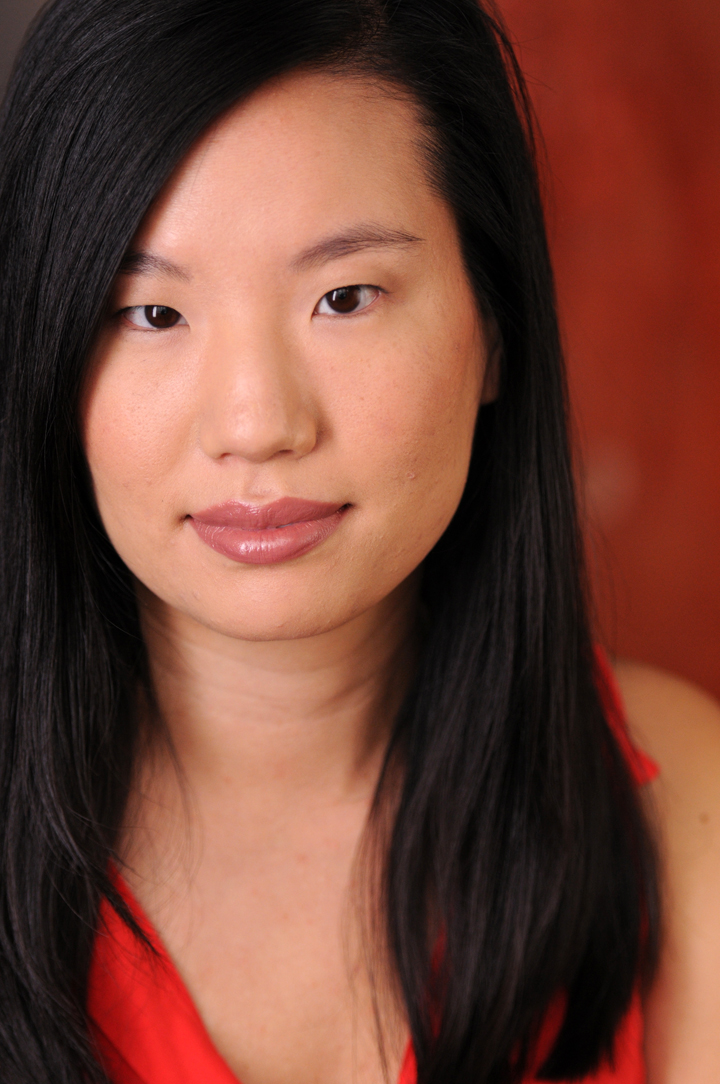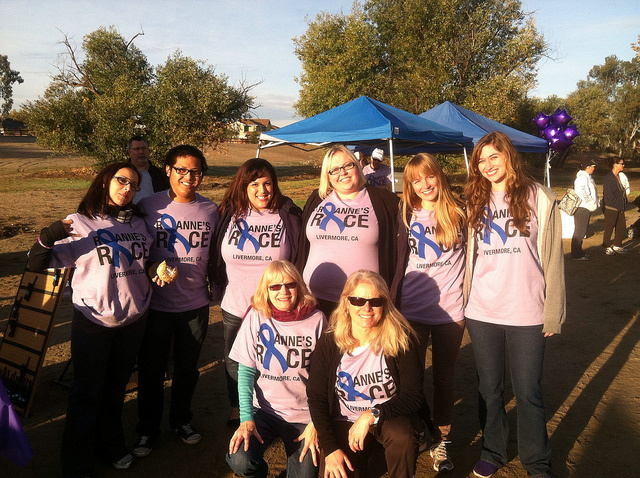Late in the casting process, we were still looking for a male actor to complete our Nightingale cast. We were so lucky to find Jed Parsario, who is not only a hard-working actor who approaches his roles with great commitment, but also a most pleasant human being. Jed works in retail - as so many artists do and have done in order to make ends meet - but his vocation is as an artist.
---
MIN: Describe your performance background. How did you start performing?
JED: I was in band from 4th grade to high school and played flute (dismally), bassoon (phenomenally), and trombone (with mediocrity). I joined my high school's winterguard group and that's where I had my first experience as a performer. During my years at the Academy of Art, I joined In Motion Winterguard, an independent winterguard organization, and competed across the country, performing in arenas filled with thousands of spectators. Meanwhile, I was taking acting classes at the Academy to supplement my skills as a film editor. That's when I caught the infamous acting bug. Then, one fateful day in August 2011, I braved an open audition at Bindlestiff Studio where I was offered the principle role for Ignacio Zulueta's José Rizal on Angel Island, a two-man one act about the Philippines national hero's detainment on Angel Island. During the run, my scene partner had a conflict with a production and dropped out. The directors, playwright, and myself decided to then re-stage the script and perform it as a one man show (the supporting character was originally a figment of Dr. Rizal's imagination, so it made artistic sense to have a disembodied voice 'perform' that role). Talk about diving headfirst in the deep end. After numerous praises by Rizalian's-- it's an actual religion, but in my case, fans of Dr. José Rizal; teachers, professors, historians, and avid readers of his novels; and several death threats made by theatre goers and fellow cast mates after learning I was not, at the time, a serious actor, I decided to follow my gut instincts to pursue acting seriously and put film/video editing in second place.
M: Wow. From death threats to... a musical! And this was your first musical, right? What has the experience been like? Any
differences/similarities from non-musical productions?
J: I have learned tons. TONS. It has been a potpourri of adjectives. Humbling, challenging, scary, and exciting to name a few. I liken this experience to the two Shakespeare productions I've done so far. There's a technicality to my approach that I don't pay too much attention to when I do non-musical, non-Shakespeare narratives. I think I tend to be more of the instinctual actor. Or perhaps I still lack experience and training. This production has taught me that; the importance of the "technicalities" of acting. There's also this performance aspect of it that I think is unique to musicals. I'm allowed to show-off. I don't find this to be true with straight narrative plays.
M: Your scene as the Imperial Watchmaker is undoubtedly a scene-stealer. Can you describe your approach to the character? What makes him so damn funny?
Jed as the cantankerous Watchmaker (sans mustache)
J: The Imperial Watchmaker is my favorite character of ones that I play. I love playing character roles. I enjoy the challenge of breathing life into someone that doesn't get to say as much or be on stage as much as other characters. I ask myself "Why did the playwright include this person? Why are they important to keep around? What's their purpose in the narrative?" My answer is always the same. They are the most important character in the play. I try to bring their entire back story on stage. That way, even though they may just say one word, or none at all, they make an impact. I never wanted him to be funny. I just wanted to intimidate the entire Imperial Court, and the audience. The laughter that came from the rehearsals actually threw me off, but I trusted you and Christina so I kept him that way. One thing I always remind myself prior to his entrance is where he just came from, what he was doing, and "Ain't nobody got time for this!" I was told by an instructor/mentor to never play for the laughs. That'll come if I play the truth of the moment. I hope I'm living up to that.
M: Each time I watch the show, I look forward to his entrance. Even though I've seen it so many times, it doesn't get old. That's a testament to the internal work you're doing as an actor. Anything else you'd like to share?









